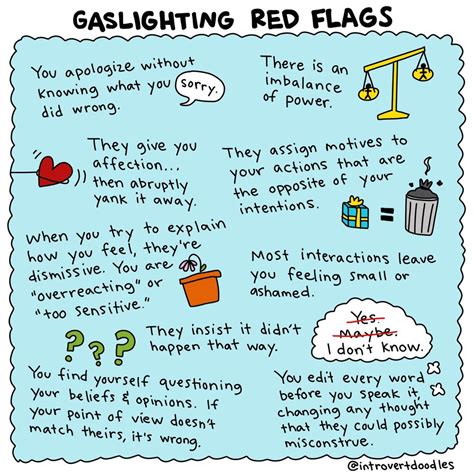Gaslighting and Personal Injury Claims: Navigating the Complexities of Psychological Harm
Gaslighting, a form of emotional abuse where someone manipulates another person into questioning their own sanity and perception of reality, can have devastating consequences. While often overlooked in the context of personal injury, the psychological harm inflicted by gaslighting can be profound and, in certain circumstances, legally actionable. This article explores the intersection of gaslighting and personal injury claims, addressing common questions and clarifying the legal challenges involved.
What is Gaslighting and How Does it Relate to Personal Injury?
Gaslighting is a subtle yet powerful form of abuse that slowly erodes a victim's self-confidence and sense of self. It involves persistent denial, distortion, and manipulation of facts, leading the victim to doubt their own memory, judgment, and experiences. In the context of a personal injury claim, gaslighting can manifest in several ways:
- Minimizing or denying injuries: A perpetrator might downplay the severity of an accident or injury, suggesting the victim is exaggerating or imagining their pain and suffering.
- Controlling access to information: The perpetrator might prevent the victim from seeking medical attention, talking to others about the incident, or accessing relevant documentation.
- Creating confusion and doubt: They might spread misinformation, contradict themselves, or shift blame to confuse the victim and make them question their recollection of events.
- Isolating the victim: The perpetrator might isolate the victim from friends and family, making it harder for them to seek support and validation.
These actions can significantly worsen the victim's physical and psychological injuries, compounding the initial harm caused by the accident or incident. The psychological trauma resulting from gaslighting can lead to conditions like anxiety, depression, PTSD, and other mental health issues requiring extensive and costly treatment.
Can I Claim Compensation for Gaslighting in a Personal Injury Case?
Proving gaslighting in a personal injury claim presents significant legal challenges. Unlike physical injuries, psychological harm is often more difficult to substantiate. However, it's not impossible. Successful claims often hinge on demonstrating:
- A clear causal link: The victim must demonstrate a direct connection between the gaslighting and their psychological injuries. This requires compelling evidence that the gaslighting exacerbated pre-existing conditions or caused new ones.
- Credible evidence: This could include medical records documenting the psychological injuries, therapy notes, witness testimonies, and even documented instances of the gaslighting behavior (e.g., emails, text messages, voice recordings).
- Expert testimony: The testimony of a qualified psychologist or psychiatrist can be crucial in establishing the diagnosis, severity, and causal link between the gaslighting and the resulting psychological harm.
How Do I Prove Gaslighting in a Personal Injury Claim?
Gathering evidence of gaslighting is crucial. This can be a challenging task, as gaslighting often occurs subtly and behind closed doors. Consider these strategies:
- Document everything: Keep a detailed journal of incidents, including dates, times, specific instances of gaslighting, and any emotional impact.
- Save all communication: Preserve emails, text messages, and voicemails that demonstrate the perpetrator's manipulative tactics.
- Seek professional help: Undergoing therapy and obtaining a diagnosis from a qualified mental health professional is essential to establish the extent of your psychological injuries.
- Gather witness testimonies: If possible, obtain statements from friends, family, or colleagues who have witnessed the gaslighting behavior.
What Damages Can I Claim for Gaslighting-Related Injuries?
Successful claims for gaslighting-related injuries can encompass a range of damages, including:
- Medical expenses: This includes costs associated with therapy, medication, and other treatment for psychological injuries.
- Lost wages: Compensation for lost income due to inability to work as a result of the psychological harm.
- Pain and suffering: Compensation for the emotional distress, anxiety, and other suffering experienced as a result of the gaslighting.
- Loss of consortium: If the gaslighting affected relationships with family or loved ones, compensation may be possible for the loss of companionship and support.
What if the Gaslighting Occurs in the Workplace?
Gaslighting in the workplace can be addressed through various legal avenues, including discrimination claims or harassment lawsuits, depending on the specific circumstances and jurisdiction. It's crucial to consult with an employment lawyer to understand your legal options.
Finding the Right Legal Representation
Navigating the legal complexities of personal injury claims involving gaslighting requires expert legal counsel. A skilled personal injury attorney specializing in psychological harm can help you gather evidence, build your case, and advocate for your rights. Remember, seeking professional help is crucial not only for your recovery but also for building a strong legal case.
This information is for educational purposes only and should not be considered legal advice. Always consult with a qualified legal professional for advice tailored to your specific situation.

